Travelling is all about exploring new places, meeting new people, and experiencing different cultures… But while we’re busy soaking in the sights and sounds, it’s easy to overlook the environmental impact of our actions—especially when it comes to food waste. Staying in youth hostels, where communal kitchens and shared spaces are the norm, offers an opportunity to be mindful of our food consumption – yet how many times have we stayed in a hostel where the fridges are overflowing with forgotten food that is eventually thrown out by staff?
Here are some of our practical tips to help you minimize food waste during your hostel stay.
1. Plan Your Meals in Advance
Before heading to the grocery store, think about how many meals you’ll need and what you want to cook. Planning your meals, even loosely, not only helps you avoid overbuying but also ensures you have the right ingredients to make complete dishes. Simple, versatile ingredients that can be used in multiple meals, like pasta, rice, vegetables, and eggs, are always a good choice.

2. Buy Only What You Need and Be Mindful of Portion Sizes
Also remember that it’s easy to get carried away when you’re cooking for yourself, especially after a long day of exploring. Start with smaller portions—you can always snack on fruit after if you’re still hungry. This helps prevent plate waste and ensures less forgetting of leftovers in the fridge – guests coming after you might use the cheese you left in the package, but probably won’t feel comfortable eating your half-eaten cheese and pesto toastie, no matter how delicious it was!
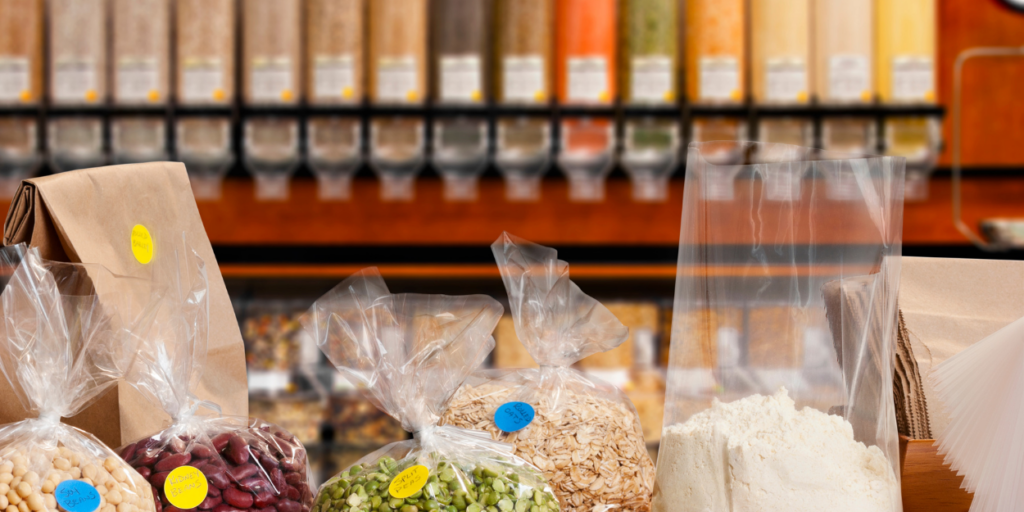
3. Get Creative with Leftovers
Leftovers don’t have to be boring or disgusting! Mix and match what’s in the fridge, yes, why not even take those forgotten vegetables and cheese to create a hearty pasta bake? A left-behind, open but still OK bag of salad, some pepper relish, and a bit of cheese can quickly turn into a delicious meal with fresh bread. Fried rice, stir-fries, and soups are also great ways to use up odds and ends!
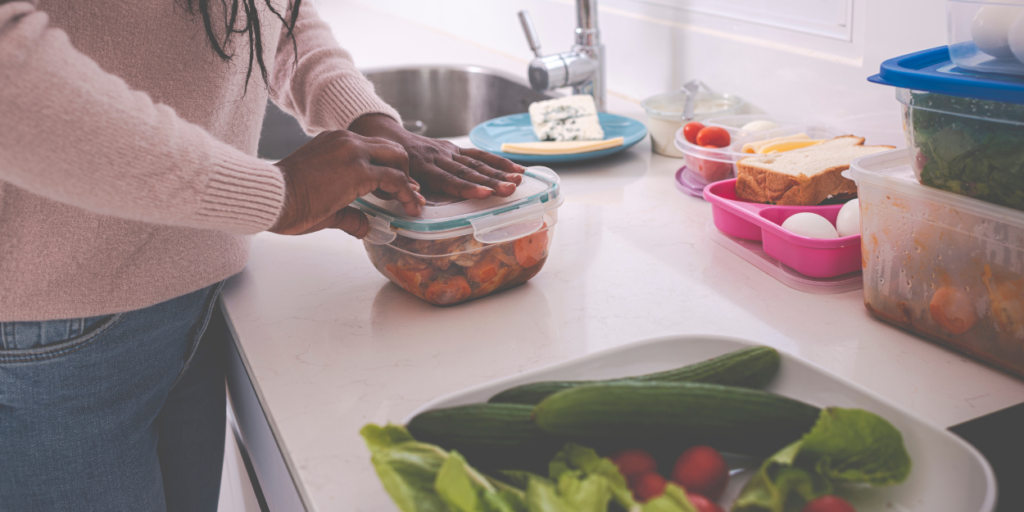
4. Label and Share
Most hostels provide a communal shelf in the kitchen (and sometimes even in the fridge too) where guests can leave unwanted food for others. If you have extras or items you won’t be able to finish, label them and leave them in the communal area. Be sure to check hostel policies first, and if no such system exists, talk to other guests about what you’re thinking of leaving! Similarly, you too can always check the communal shelf before buying more groceries—you might find exactly what you need. “When travelling for 3 years through Africa and Eurasia by land travel, I can’t tell you the number of times we have been able to make amazing meals from what people leave behind. And there’s nothing to be ashamed of when doing so: you’re preventing the food from being sent to the incinerator, emitting carbon into our already fragile system!” says Tiffany, our Social Impact Executive.
Cooking together is a great way to reduce food waste and meet fellow travellers. Hostels often host communal dinners or have guests who are interested in sharing meals. By cooking larger meals together, you can use up ingredients that might otherwise go to waste and enjoy a variety of dishes without the hassle of cooking solo every night.
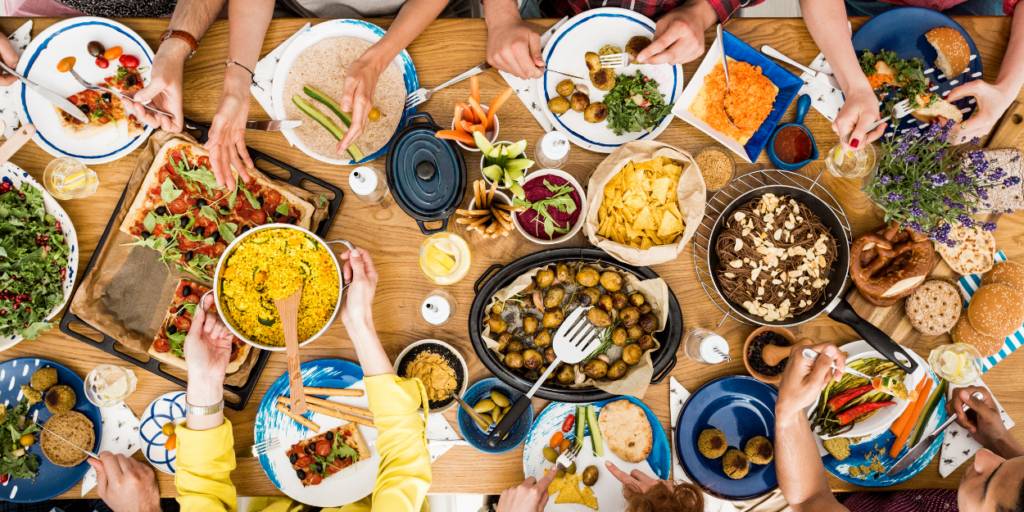
5. Store Food Properly
Proper food storage can make a huge difference in how long your groceries last. Make sure perishable items like dairy, meats, and cut fruits are stored in the fridge. When possible, use airtight containers (that glass jar you bought your tomato sauce in will do just fine!) to make leftovers last, keep an eye on expiration dates – but also check with your eyes, nose and lastly your tastebuds before binning “expired” food, as it might still be just fine!

6. Compost If You Can
Some hostels offer composting options for guests. If the hostel you’re staying at provides compost bins, take advantage of them for food scraps like vegetable peels, coffee grounds, and eggshells. Composting reduces the amount of waste that ends up in landfills and returns valuable nutrients to the earth.
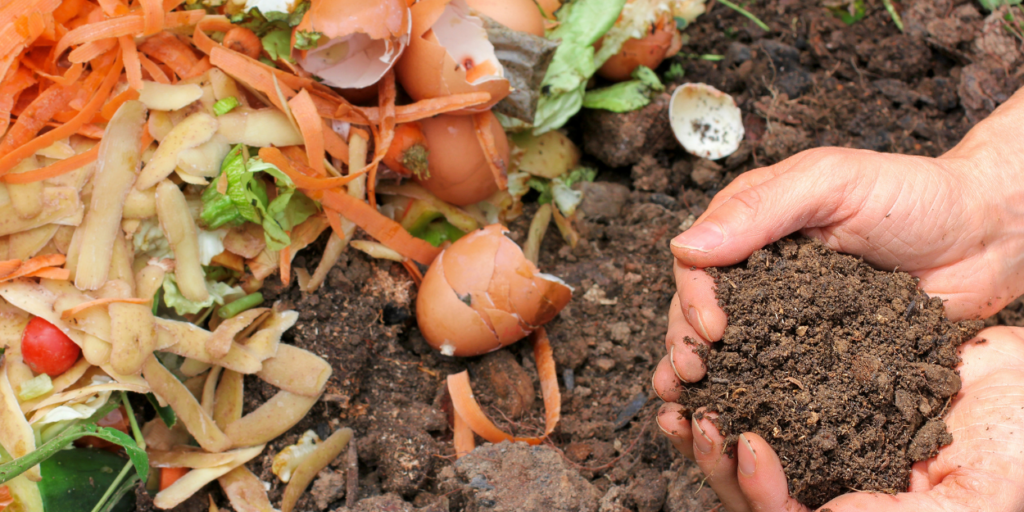
7. Get to Know Local Food Customs, Reflect and Adapt.
In some places, sharing food is a cultural norm, and you might find that locals are happy to offer tips on where to eat affordably or how to use local ingredients efficiently. Engaging with local customs around food not only enhances your travel experience but also helps you become more mindful of food consumption.
Then, after your stay, take a moment to reflect on what you did well and what you could improve. Did you end up with too much food? Did you find yourself buying things on a whim that you didn’t eat? Use these insights to adjust your habits for your next hostel stay!
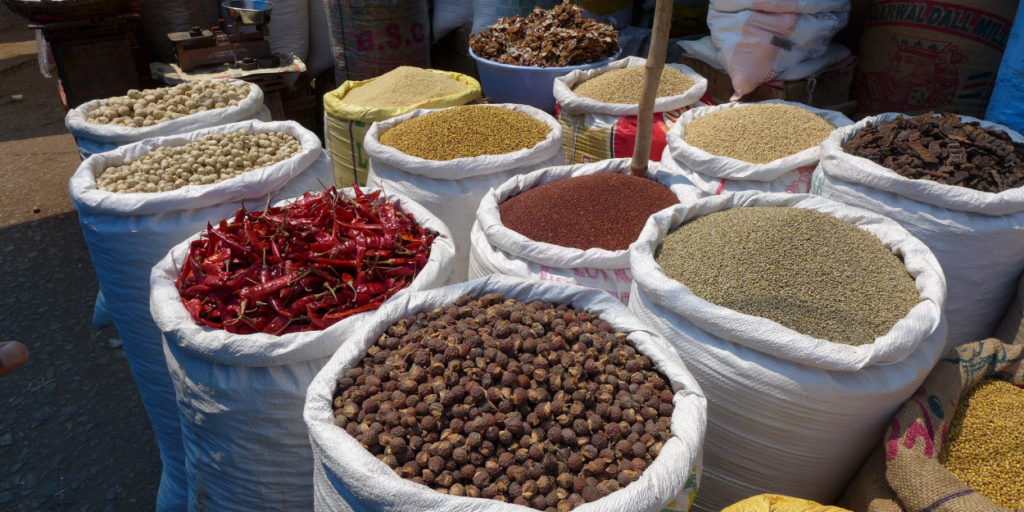
For more sustainable travel tips, check out our other blog posts!




